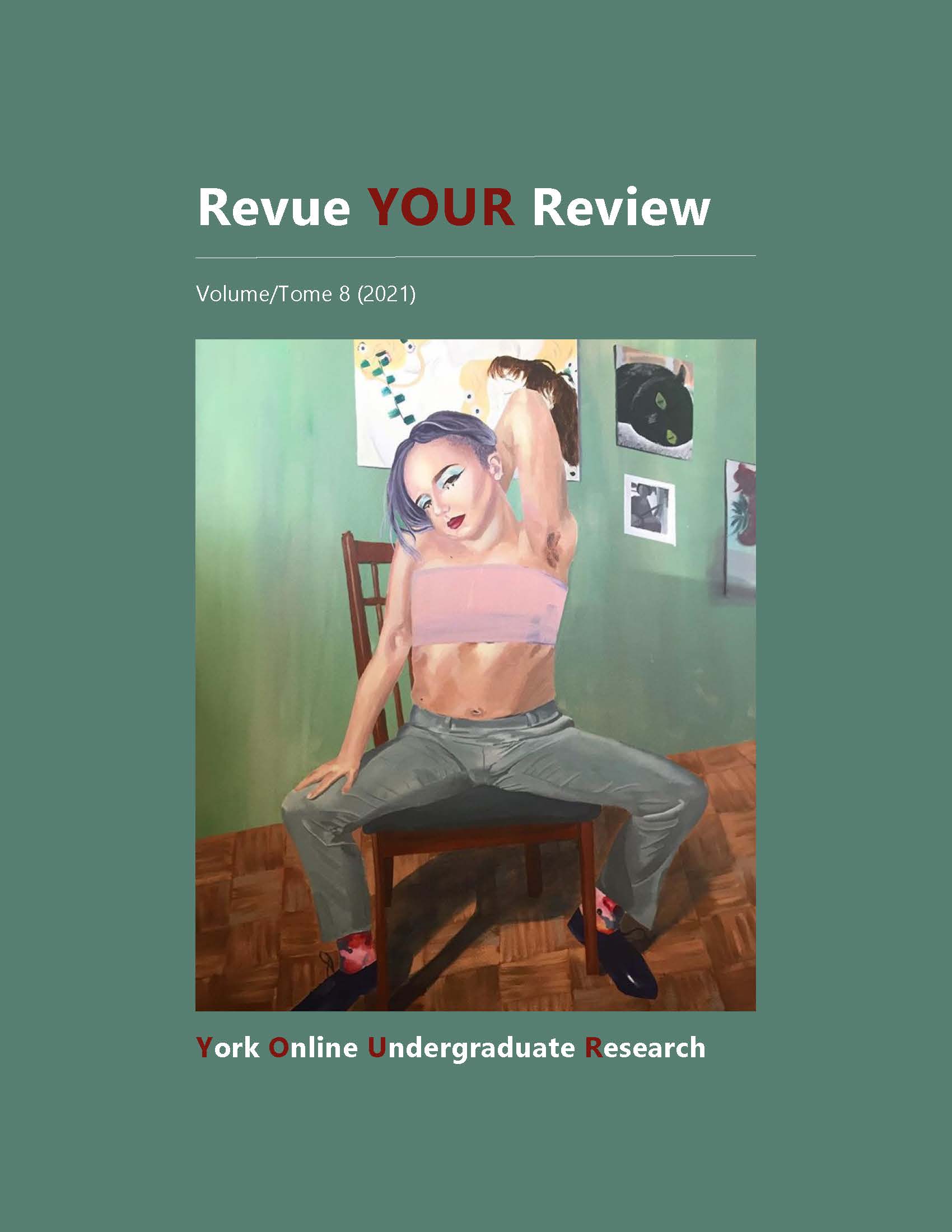Priming Caution Does Not Decrease Receptivity to Fake News
Mots-clés :
Cognitive Reflection Test, cognitive style, fake news, priming, social mediaRésumé
Fake news is fabricated news content that is presented as factual for the purpose of ideological and financial gain. Much of the existing research seeks to find ways to reduce people’s susceptibility to fake news. The first aim of this study was to replicate findings that suggest higher scores on the Cognitive Reflection Test (CRT) are linked with lower receptivity to fake news. The second aim was to test whether this relationship would be affected by priming cautions, either General or Specific, about the possibility that the information in question may be fake. It was predicted that exposure to a General caution would reduce the receptivity to fake reports, and that a Specific caution would lead to a further decrease in susceptibility. A total of 55 males and 56 females first completed the CRT, then evaluated a series of three true and three fake news articles through a set of four questions via an online survey. The results showed that indeed higher CRT scores were correlated with lower receptivity to fake news; however, using priming cautions did not have an effect on reducing susceptibility to fake news. It was concluded that analytical ability is the most important predictor for being able to recognize false media content. Implementing workshops or developing apps to improve critical thinking skills might help to improve the analytical abilities of individuals, thus making them less vulnerable to fake news.
Téléchargements
Publié-e
Comment citer
Numéro
Rubrique
Licence
© Elizabeth Selezneva 2021

Cette œuvre est sous licence Creative Commons Attribution - Pas de Modification 4.0 International.
Les auteurs qui contribuent à la Revue YOUR Review acceptent de publier leurs articles selon une des trois catégories de la licence 4.0 : Creative Commons Attribution 4.0 International; Creative Commons Attribution-Pas d'Utilisation Commerciale 4.0 International; ou Creative Commons Attribution-Pas de Modification 4.0 International. Tout contenu éditorial de ce site ainsi que les affiches et les résumés sont sous la licence Creative Commons Attribution-Pas de Modification 4.0 International. Pour plus d’informations, veuillez voir :
https://creativecommons.org/licenses/
Dans tous les cas, les auteurs conservent leurs droits d’auteurs et concèdent à la Revue YOUR Review le droit de première publication. Les auteurs peuvent, par la suite, conclure d’autres accords de distribution non exclusifs de la version publiée dans ce périodique (par exemple, l’afficher à un dépôt institutionnel ou le publier dans un livre ou dans un autre périodique) à condition que la reconnaissance fasse mention de la publication originale dans la Revue YOUR Review.


